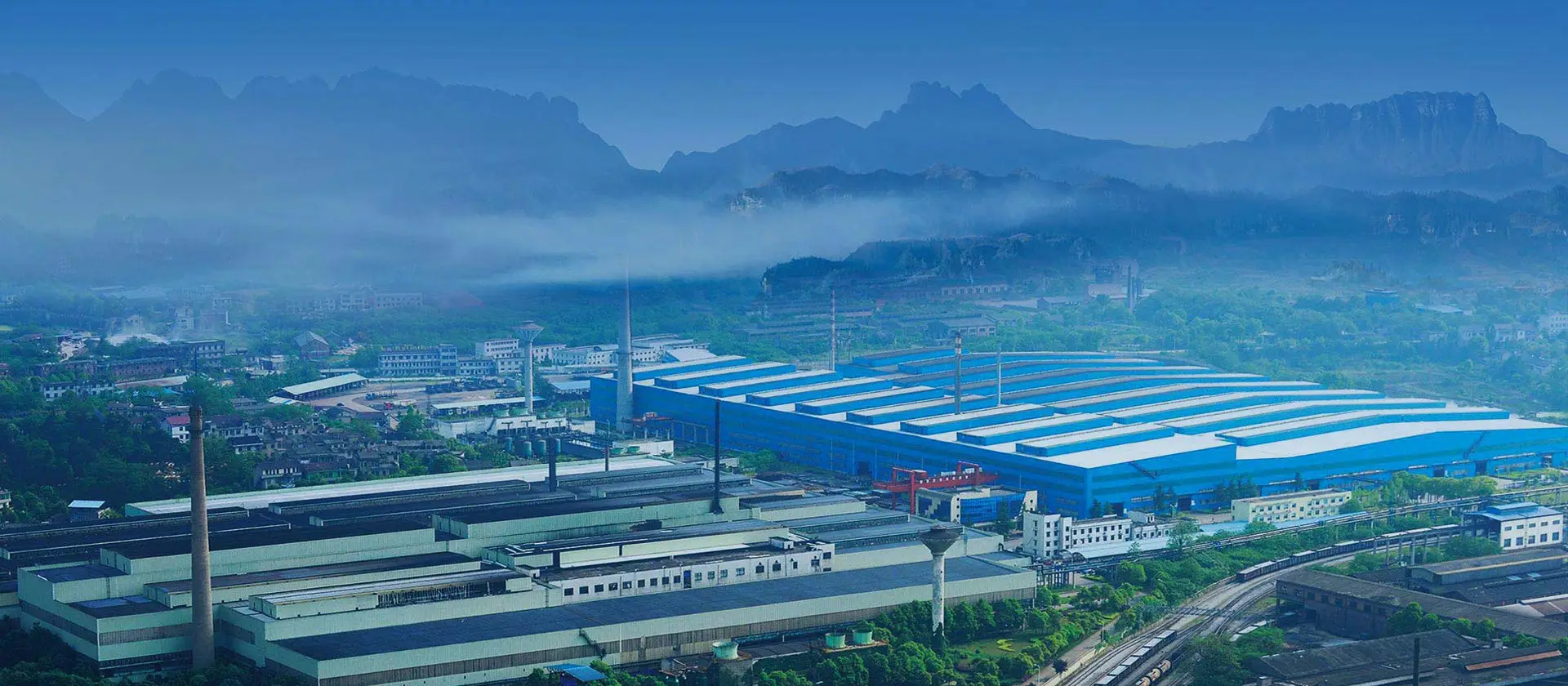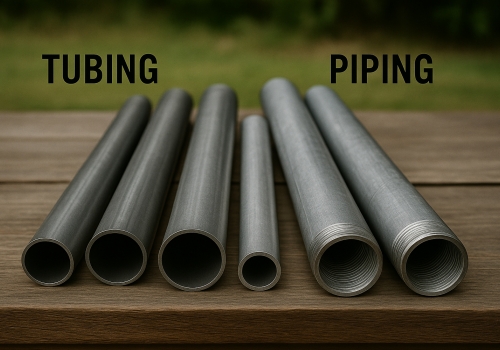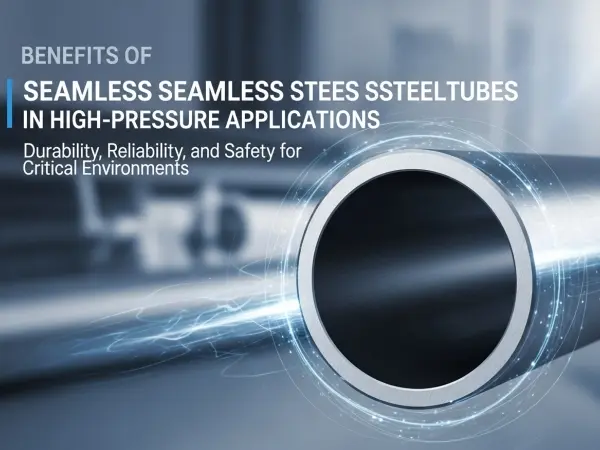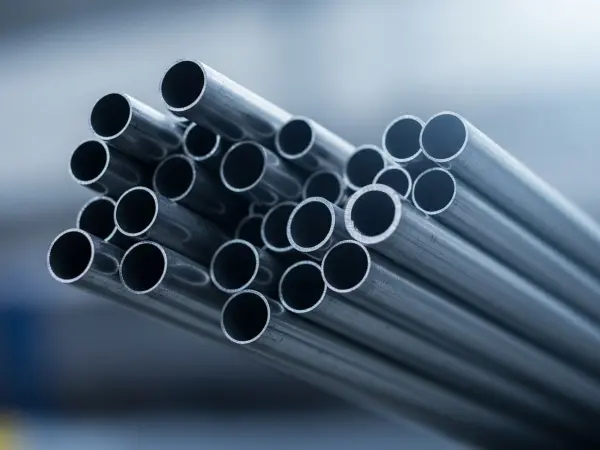
Understanding the intricate world of seamless steel tubes is essential for their wide applications. Let's delve into the seamless steel tube manufacturing process and its significance. Seamless steel tubes are crafted by extruding a solid billet through a mill, creating a robust, weld-free tube perfectly suited for high-pressure environments.
These tubes offer superior qualities, but the differences between tubes and pipes are crucial.
Misusing the terms can lead to application errors, affecting project efficiency. Tubes, measured by outside diameter and wall thickness, serve aesthetic and structural purposes, whereas pipes, measured by inside diameter, transport liquids and gases.

This distinction helps in selecting the right material for specific needs, but how are seamless tubes manufactured?
The creation of seamless tubes involves intricate steps, ensuring strength and reliability. Seamless steel tubes are formed by heating billets, molding them in piercing mills, elongating through mandrel rods, and shaping using pilgering or cold drawing processes.
Below is a table summarizing the seamless manufacturing steps:
| Step | Description |
|---|---|
| Billet Heating | Solid billet heated to prepare for forming |
| Molding in Piercing Mill | Billet formed into hollow molds |
| Mandrel Elongation | Molds drawn through rods for elongation |
| Cold Drawing/Pilgering | Further shaping and refining of tube structure |
| This comprehensive process results in enhanced tube quality, but what makes seamless tubes preferable? |
Choosing seamless tubes has significant advantages in demanding industries. Seamless tubes offer unmatched strength and corrosion resistance, suitable for high-pressure applications in challenging environments.
Industries capitalize on these features, but where exactly are these tubes implemented?
Exploring applications reveals the necessity and benefits of seamless tubes. Seamless tubes are essential in oil control lines, fluid and gas transfer, safety valves, and chemical injection lines, providing resilience and reliability globally.
Their widespread use underscores the need for understanding and selecting the right type. Here's a recap of their advantages:
| Application Area | Benefits for Application |
|---|---|
| Oil Control Lines | Handles pressure and corrosion in oil environments |
| Fluid Transfer | Ensures consistent, safe fluid flow |
| Safety Valves | Reliable performance under extreme conditions |
| Chemical Injection | Resistant to aggressive chemicals |
The seamless steel tube manufacturing process yields robust tubes that serve critical functions in various industries worldwide. At Centerway Steel, we offer high-quality seamless steel tubes that meet diverse project needs. With our expert production capabilities, we ensure strength and precision in every application. Explore our selection and find seamless solutions tailored to your industry requirements.


